Best tools for accounting automation
By 2026, 90 percent of all financial functions will involve at least one AI-enabled technology. As of last year, 58 percent of finance functions already used AI — a 21 percent increase from the previous year. This AI wave signals a new era in accounting, an era with increased efficiency and reduced errors.
But what does this mean for you as a professional? Using AI means less time on repetitive tasks, so you can instead produce higher-quality work and focus more on value-adding contributions rather than mundane tasks. By streamlining every aspect of today’s accounting process, AI has changed the way modern professionals approach bookkeeping, auditing, and financial workflows.
Tapping into these benefits requires a willingness to adopt AI and the right tools to make it possible. To help you get started, we’ve created this guide to AI in accounting, exploring the best tools and benefits of this growing technology.
What is AI in accounting?
Accounting automation with AI tools turns tasks that would consume valuable time into efficient processes. But how do they differ from traditional automation options?
Traditional automations require manual setup to perform repetitive tasks. Meanwhile, accounting automation with AI handles unstructured, complex tasks with independence and flexibility.
When companies use AI in accounting, they tap into advanced capabilities and go beyond traditional automation, including
- Machine learning in accounting
- Natural language processing
- Predictive analytics
Together, these functions make AI a powerful tool for accounting professionals who want to streamline their workflows. Using this technology, firms can perform the following:
- Automated data entry and reconciliation
- Advanced data analysis and reporting
- Compliance checks
- Streamlined audits
- Fraud detection
- Workflow automation
By leveraging AI in accounting software, firms can handle more business, reduce their team’s workload, and improve output equality. If you understand the impact of these tools, it’s easier to convince key stakeholders that they’re a worthy investment.
Can AI do my bookkeeping?
Yes! AI can automate common bookkeeping tasks, including transaction categorization, expense tracking, and reconciliation. That said, AI-powered bookkeeping solutions are meant to assist human employees — not replace them. Human oversight remains essential for quality assurance and making complex financial decisions for your services.
4 benefits of AI in accounting you can’t ignore
AI-powered bookkeeping solutions can help accounting professionals improve their accuracy, efficiency, and decision-making skills. This leads to happier clients and the bandwidth for more business.
There’s a common misconception these tools are only for AI B2B accounting, but the technology can also benefit small businesses. With AI accounting tools, firms of all sizes can scale without overstaffing and remain properly resourced during busy season.
All firms can tap into these benefits of AI in accounting:
- Faster data processing and automation: Accountants using AI finalize monthly statements 7.5 days faster than those who don’t. Using AI-powered automation, these tools streamline data entry and processing to eliminate the bottlenecks holding up day-to-day workflows.
- Error reduction and improved accuracy: According to the same study, by leveraging AI in accounting software, accountants achieve a 12 percent increase in reporting granularity. This means important documents get more scrutiny, and fewer common errors lead to better overall accuracy.
- Real-time financial insights and forecasting: By leveraging AI in accounting, firms can instantly analyze financial data, gain valuable insights, and make informed decisions with improved accuracy.
- Automated reporting and compliance: Firms can automate compliance checks and report generation with AI, freeing them to focus on more complex tasks.
The plentiful benefits of AI in accounting are accessible for any business. The key is to choose a solution that best aligns with long-term goals, current gaps, and the team’s workstyle.
How accurate is AI in accounting?
AI systems achieve a high level of accuracy, particularly in data-intensive tasks. For instance, AI and machine learning models achieve approximately 99 percent accuracy in invoice processing. Ultimately, the accuracy of your AI in accounting software depends on the quality of the data used for training and the exact capabilities of the software itself.
5 best AI in accounting software in 2025
 Jotform AI Agents |  Vic.ai | Zeni | 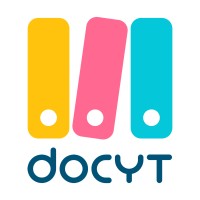 Docyt |  Botkeeper | |
|---|---|---|---|---|---|
| Best for | AI automation and customer interactions | Invoice processing and bill payments | Startups and small businesses | Real-time bookkeeping and financial forecasting | Accounting firms and budget-conscious users |
| Key AI Features | Customizable AI agents, multichannel support, AI agent templates | Automated invoice data-entry, approval workflows, PO matching | AI agents, automated bill pay, real-time financial insights | Accounting copilot, expense management, automated revenue accounting | Transaction categorization, bank data connection, automated reconciliations |
| Pricing | Free, or $34 to $99 per month | Custom pricing | $494 to $719 per month | $299 to $999 per month | $69 per license per month |
To leverage the benefits of AI in accounting, firms must find a solution offering advanced capabilities and user-friendliness. However, in a marketplace saturated with AI software options, it’s hard to find the best fit. Check out these top contenders and consider how they align with your goals.
1. Jotform AI Agents
Designed with all users in mind and built for a wide range of roles, Jotform AI Agents is a custom AI solution that’s both flexible and easy to use. Using Jotform’s AI chatbot builder, you can build your own accounting AI assistant in a matter of minutes. These AI assistants are customizable to look, sound, and act in alignment with your preferences.
While this software isn’t as accounting-specific as other solutions, it can be easily trained into specialized roles. The Jotform Accounting AI Chatbot handles financial inquiries, collects information, and provides an interactive experience for your customers. Jotform AI Agents also connect and share knowledge with other AI agents to create a unified customer experience across your communication channels — increasing your team’s reach and consistency.
- Best for: AI-driven automation of financial workflows, bookkeeping, and customer interactions
- Developer: Jotform
- Limitations: Requires effective set-up and integration with accounting software for optimal results
- Key features: Customizable AI agents, multichannel support, AI agent templates
- Pros: User-friendly, fully customizable, wide range of uses
- Cons: Fewer accounting-specific features than other solutions, more general use
- Plans/Pricing: Free version available. Paid versions range from $34 to $99 per month. Custom enterprise pricing also available upon request
- G2 rating: 4.4/5
2. Vic.ai
Focused on automating accounts payable processes, Vic.ai is an AI-first accounting software. Vic.ai is designed to streamline tasks like invoice processing, bill payments, purchase order (PO) matching, and approval workflows. Beyond this, Vic.ai offers tools such as expense management, analytics, AI agents, and an autonomous finance platform.
However, because the focus is on accounts payable, this tool has a narrower scope of overall capabilities compared to other solutions. Some users say Vic.ai is somewhat challenging to master and takes time to implement, making it less ideal if you’re looking for a general, straightforward solution.
- Best for: Invoice processing and bill payments
- Developer: Vic.ai
- Limitations: Lacks a direct payment interface
- Key features: Automated invoice data-entry, approval workflows, PO matching
- Pros: Effective automations, support for high invoice volumes, more control over data
- Cons: Limited features, complex implementation, learning curve
- Plans/Pricing: No free versions. Pricing custom-tailored to your level of use and needs
- G2 rating: 4.7/5
3. Zeni
Zeni’s AI-powered bookkeeping solutions are designed to work alongside you as an expert, helping you grow your business. From handling routine tasks through AI automation to providing high-level insights into your business finances, Zeni acts as a comprehensive bookkeeping solution for your business.
Although Zeni is a powerful software for small businesses looking to scale their operations, it has the highest entry cost out of all the tools on this list, starting at $494 per month. Therefore, you’ll need to consider the value Zeni provides compared to other solutions before investing.
- Best for: Startups and small businesses
- Developer: Zeni
- Limitations: Requires the use of QuickBooks Online (QBO) Plus
- Key features: AI agents, automated bill pay, real-time financial insights
- Pros: Powerful automations, effective reporting, unified financial dashboard
- Cons: Expensive, limited international capabilities, lengthy onboarding process
- Plans/Pricing: No free version. Zeni’s AI bookkeeping plan ranges from $494 to $719 per month. Custom enterprise pricing also available
- G2 rating: 4.7/5
4. Docyt
Docyt provides you with the latest data to inform your accounting decisions. By combining Docyt’s precision AI and generative AI, this solution analyzes your data in real time, providing your team with the insights they need to drive results. Docyt also offers an AI copilot, which can act as a digital assistant for your everyday accounting needs.
This AI-powered bookkeeping solution offers features in a few key areas; however, this is another solution with a high price tag. AI accounting plans are the most expensive, which is something to weigh against the value the tool can bring.
- Best for: Real-time bookkeeping and financial forecasting
- Developer: Docyt
- Limitations: Users have consistently reported issues with Docyt’s customer support
- Key features: Accounting copilot, expense management, automated revenue accounting
- Pros: Auto-categorization of transactions, industry-specific reporting, real-time P&L
- Cons: Expensive, steep learning curve, complex onboarding process
- Plans/Pricing: No free version. Paid pricing ranges from $299 to $999 per month
- G2 rating: 4.7/5
5. Botkeeper
Botkeeper’s Infinite Platform offers impressive AI accounting features for just $69 per month, the second-lowest price point on this list. Within this platform, users access tools like a transaction manager, project management, and unified client management through Smart Connect.
Although this tool may not have the same level of advanced features as others, its price point could make it the right choice for budget-conscious firms. However, users have reported issues during set-up that slow down implementation.
- Best for: Accounting firms and budget-conscious users
- Developer: Botkeeper
- Limitations: Challenges during set-up slow down implementation
- Key features: Transaction categorization, bank data connection, automated reconciliations
- Pros: Budget-friendly, efficiency-focused, scalable
- Cons: Limited features, difficult set-up, learning curve
- Plans/Pricing: No free version. Paid version is $69 per license per month
- G2 rating: 4.4/5
These options may be some of the best on the market today, but the possibilities of using AI in accounting continue to expand and evolve, making it crucial to stay updated on the latest developments.
AI in accounting: What’s next and how to stay ahead
AI is ever-evolving, with new technologies emerging all the time that change the way we approach everyday tasks. The same is true for AI in accounting. Although today’s top solutions are already revolutionizing how businesses streamline their accounting workflows, new developments continue to bolster the capabilities of these tools. For example, some future capabilities could include
- Hyperautomation: As AI becomes increasingly capable of complex tasks, eventually you may be able to fully automate end-to-end accounting functions like accounts payable to create a comprehensive, self-driving financial ecosystem.
- AI-powered audits: Using a combination of machine learning in accounting and complex algorithms, AI tools may soon be capable of providing detailed audits that identify risk and improve compliance.
- Advanced predictive analytics: AI already plays a role in predictive analytics. But as machine learning continues to advance, it may become capable of producing more insightful analysis and improving future forecasting.
Is AI replacing accountants?
No, AI is not replacing accountants. Although AI can handle many simple accounting tasks, the technology can’t replace human professionals. AI is designed to enhance the work lives of human accountants, letting them focus on complex tasks, such as financial strategy, compliance, and advisory services. At the same time, AI handles the repetitive tasks that once slowed them down.
If you’re ready to take the next step, consider investing in AI-powered bookkeeping solutions like the ones here. Waiting to test out this revolutionary technology could be more expensive than giving it a shot, as your competition is most likely already using these tools.
Not ready to make an investment? A free AI in accounting software like Jotform AI Agents starts working for you in minutes — and saves you hours of time spent on repetitive tasks.
Adopting AI now will help you better incorporate these advancements as they roll out. You can start small by trying out copilot AI tools, such as AI assistants, which offer help for low-stakes, everyday tasks. If compliance is your main concern, you can use AI-driven financial reporting to better analyze your data and ensure everything is above board.
This guide is for finance teams that want faster, more accurate accounting with AI: CFOs, controllers, accounting managers, staff accountants, bookkeepers, AP/AR specialists, auditors, finance ops leaders, and small business owners.



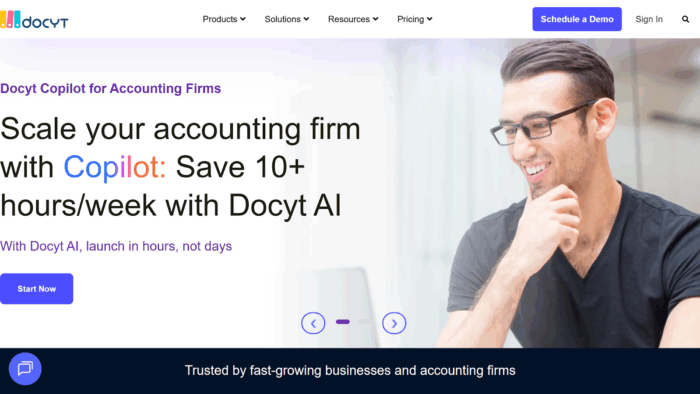






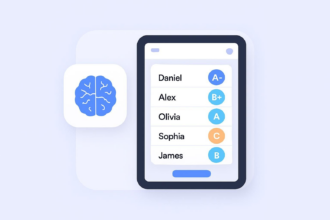
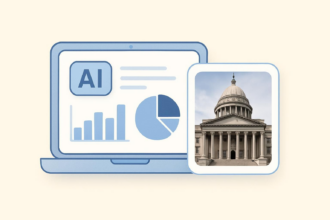

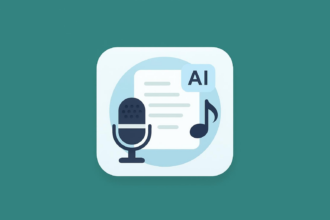



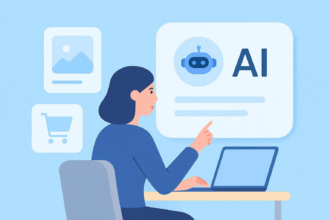






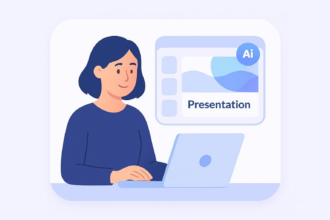


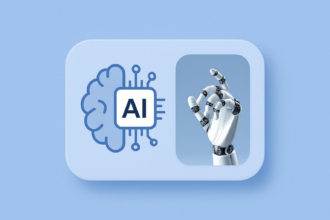
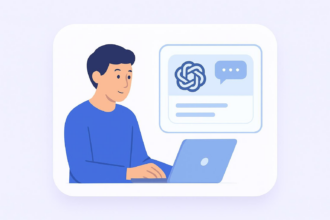
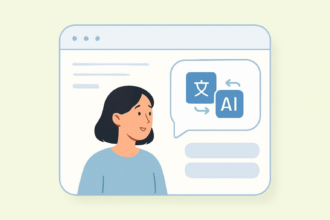




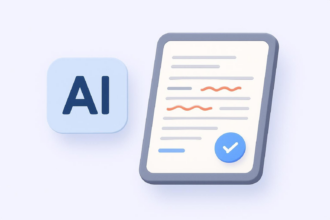



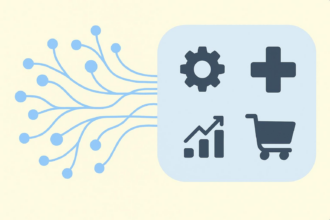
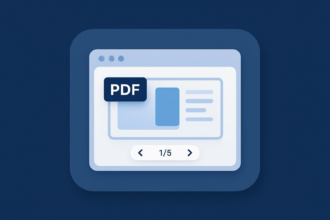


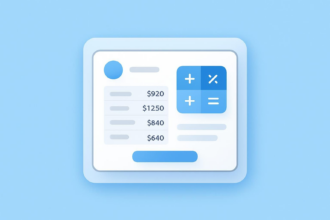



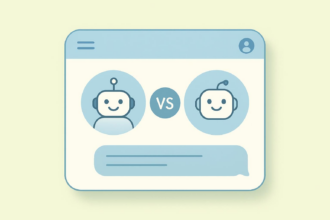



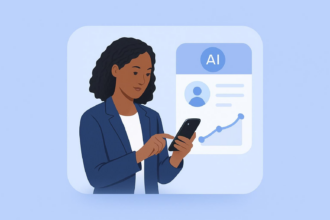



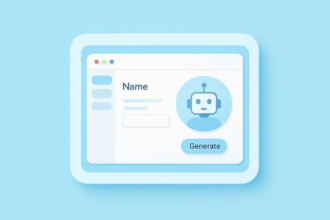




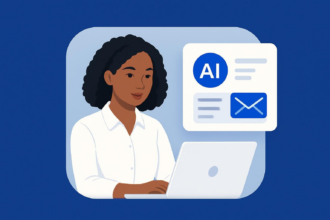
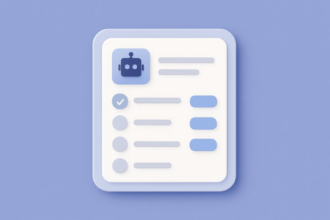






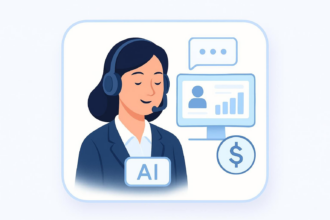





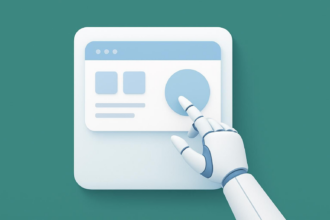

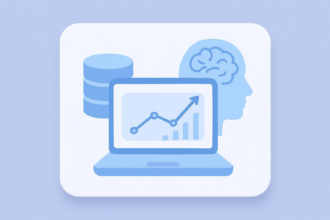



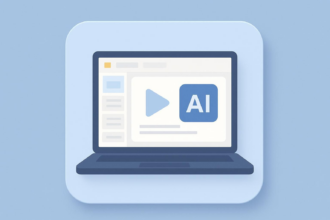
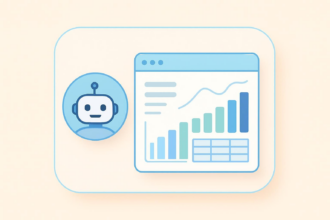


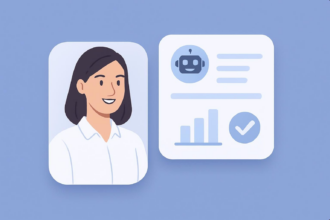

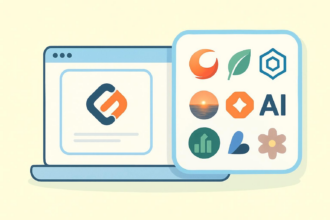



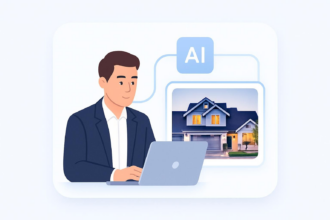










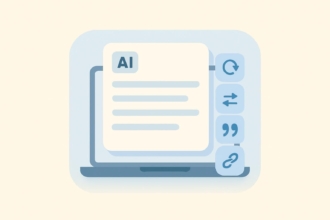
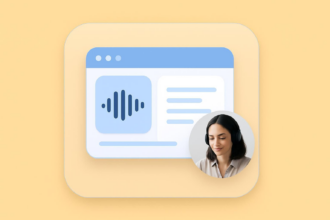



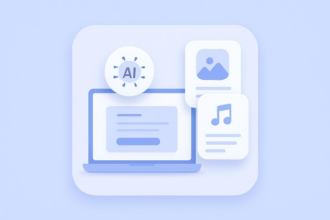
Send Comment: